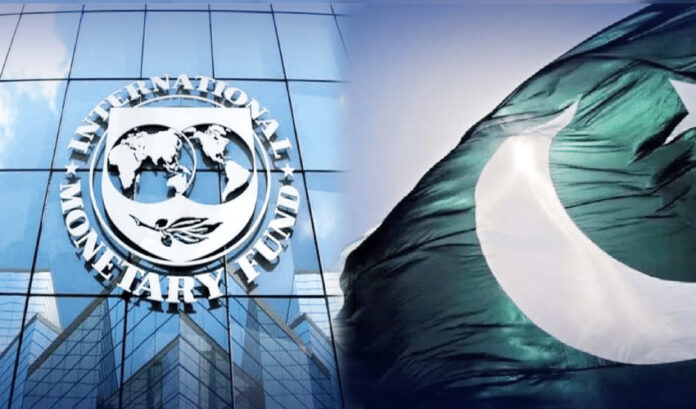Pakistan’s economy is on the verge of significant growth, with the IMF projecting a 3.2% increase for the current fiscal year and 4% for the next. This presents a crucial opportunity for the country to implement sustainable reforms and enhance living standards for its citizens.
The IMF commended Pakistan for stabilizing its economy, highlighting achievements such as single-digit inflation, a declining interest rate, a stable exchange rate, and increasing foreign exchange reserves. However, it also pointed out that Pakistan still lags behind regional counterparts in essential sectors like health and education.
Currently, Pakistan allocates only 1% of its GDP to health and 1.5% to education, significantly lower than India, Bangladesh, and Nepal. This underinvestment has led to higher infant mortality rates and developmental challenges compared to its neighbors. Over the past two decades, Pakistan’s per capita income has grown by just 1.5% annually, whereas Bangladesh and India have seen increases of 4.5% and 5%, respectively, with China achieving a 7.5% rise.
Despite these challenges, the IMF emphasized that Pakistan can capitalize on its current economic stability to bridge these gaps. By boosting investments in fundamental reforms and the social sector, Pakistan has the potential to enhance human development and improve the overall quality of life for its population.


